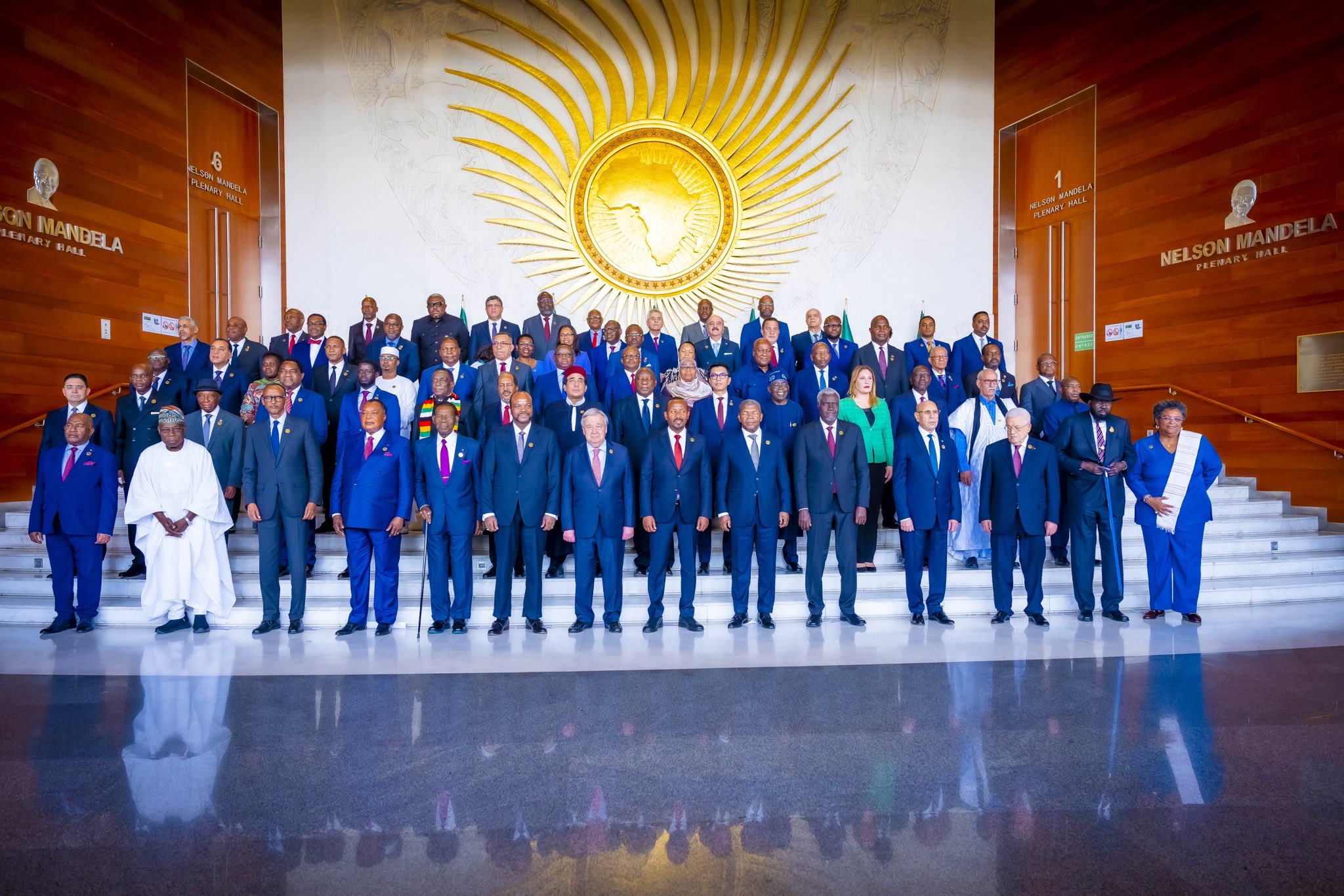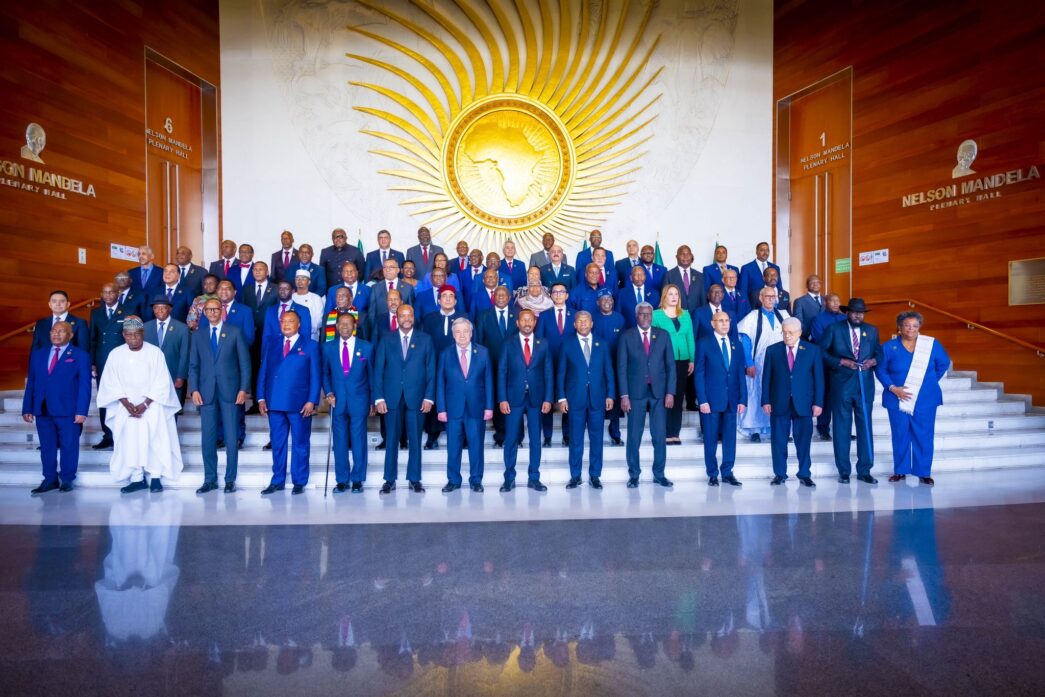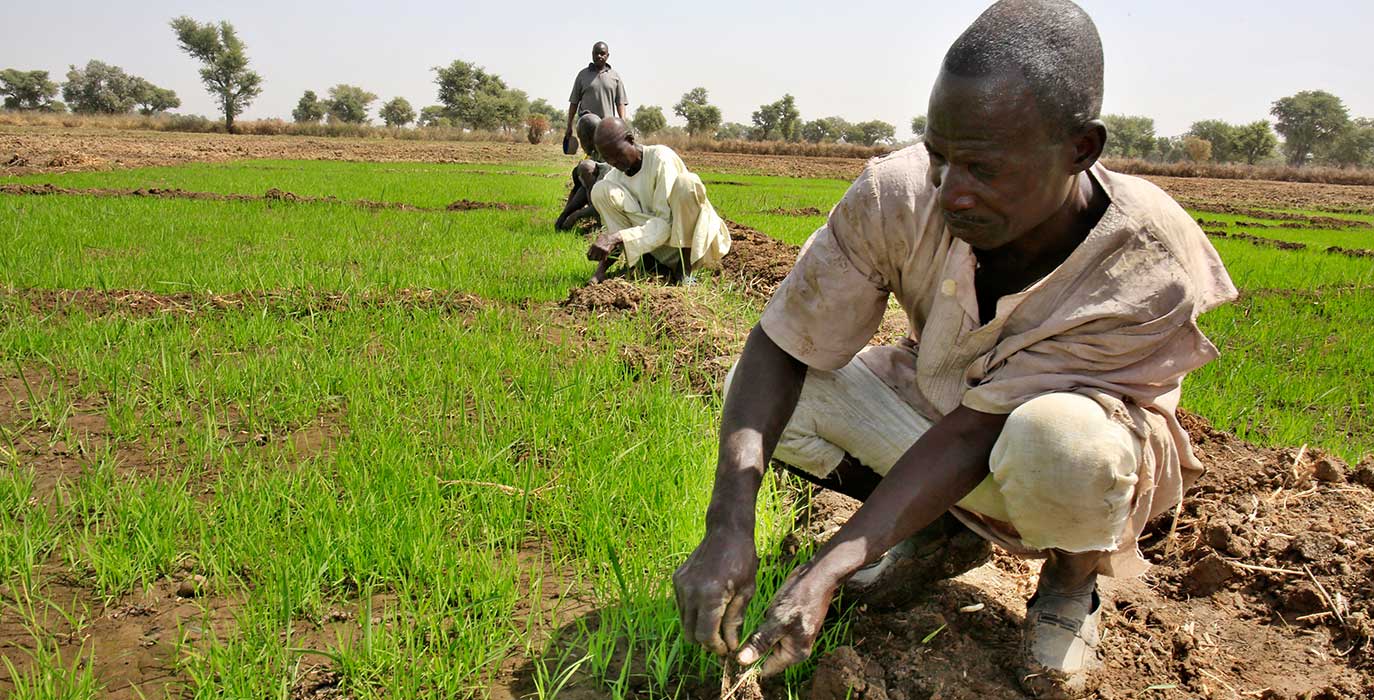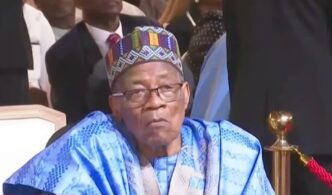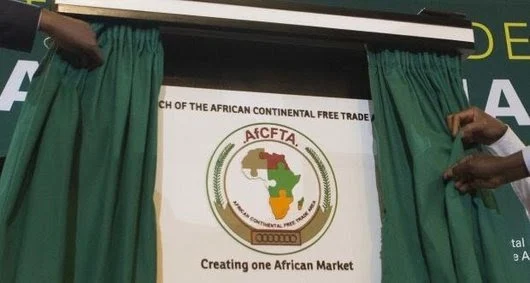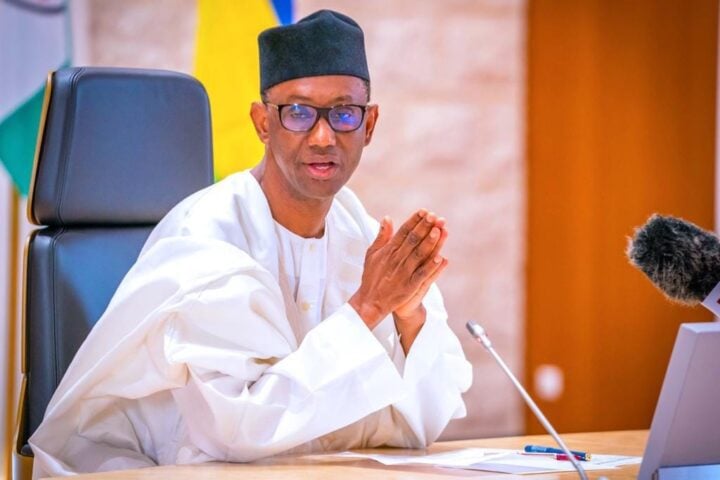Africa Union
BY DOVISH OKOJIE
Africa still grapples with a myriad of systemic economic challenges that hinder progress and perpetuate dependency on external forces, while also harbouring immense potential for growth and development. In a previous article “Afro-economics: The solution to sustainable economic growth in Africa”, I explained the concept, principles, and ways to adopt Afro-economics for African prosperity.
The current economic realities indicate Africa is at a pivotal moment in history, and there is a growing need for an economic reset across the continent, rooted in the principles of Afro-economics. Let’s delve into the imperative for such a reset, examine the pains and gains associated with it, and delineate the roles of both governments and citizens in ensuring its success.
The imperative for an Afro-economic reset
Advertisement
Africa’s economic landscape is shaped by a complex interplay of historical legacies, geopolitical dynamics, and socio-economic factors. Decades of colonisation and exploitation have left deep scars on the continent, manifesting in uneven development, institutional weaknesses, and economic dependencies. The prevailing economic model, characterised by extractive industries, raw material exports, and foreign aid reliance, has failed to deliver sustainable growth or alleviate poverty for the majority of Africans.
Against this backdrop, there arises an imperative for a paradigm shift towards Afro-economics—a holistic approach to economic development that is rooted in African realities, values, and aspirations. Afro-economics emphasises self-reliance, empowerment of local communities, and leveraging indigenous resources and knowledge to drive economic growth. It seeks to dismantle neocolonial structures, promote inclusive development, and nurture a sense of economic sovereignty among African nations.
Key principles of Afro-economics include:
Advertisement
Self-determination: African nations must assert control over their economic destinies and resist external interference or exploitation. This requires policies that prioritise local ownership, management, and benefit-sharing of resources and industries.
Cultural relevance: Economic strategies should be grounded in African cultures, traditions, and values, recognising the diversity and richness of the continent’s heritage. This entails promoting indigenous knowledge systems, and cultural industries, and preserving cultural identities in the face of globalisation.
Inclusive development: Economic growth must be equitable and accessible to all segments of society, particularly marginalised groups. This necessitates targeted interventions to address structural inequalities, expand opportunities, and ensure social justice.
Environmental sustainability: Economic activities should be environmentally sustainable, minimising negative impacts on ecosystems, biodiversity, and climate. This involves adopting green technologies, promoting renewable energy sources, and embracing circular economy principles.
Advertisement
The pains of economic reset
While the vision of an economic reset holds promises for Africa’s future, it is not without its challenges and pains. Transitioning from entrenched economic paradigms to a new model rooted in Afro-centric principles requires navigating complex political, social, and economic dynamics. Some of the key challenges include:
Resistance from vested interests: Powerful domestic and foreign actors with vested interests in maintaining the status quo may resist reforms that threaten their privileges or profits. This could include multinational corporations, entrenched elites, and foreign governments seeking to exploit Africa’s resources for their own gain.
Economic dislocation: Transitioning to a new economic model may entail short-term disruptions to certain sectors of the economy, particularly those reliant on extractive industries or foreign investment. Workers in obsolete industries may face unemployment or require retraining to adapt to new job opportunities, leading to social tensions and economic uncertainty.
Advertisement
Financial constraints: Implementing Afro-centric policies and reforms requires significant investment in infrastructure, human capital, and institutional capacity-building. Many African countries face limited fiscal space and high levels of debt, constraining their ability to finance ambitious development agendas. External assistance or partnerships may be necessary to mobilise resources and support implementation efforts.
Governance and institutional challenges: Weak governance structures, corruption, and institutional inertia pose significant barriers to effective policymaking and implementation. Building strong and transparent institutions capable of driving economic transformation requires sustained political will, institutional reforms, and citizen engagement.
Advertisement
The gains of economic reset
Despite the challenges, an economic reset holds the promise of transformative benefits for Africa. Afro-centric values, principles and reorienting economic policies towards local empowerment and self-sufficiency can push African nations to unlock their latent potential and pave the way for sustainable development and inclusive prosperity. Here are some of the key gains associated with an economic reset:
Advertisement
Enhanced Economic Sovereignty: Afro-economics prioritises economic sovereignty, allowing African nations to assert greater control over their resources, markets, and economic policies. By reducing dependency on external actors and promoting domestic innovation and entrepreneurship, countries can safeguard their interests and pursue development pathways that align with their unique needs and aspirations.
Inclusive Growth and Development: An Afro-centric economic model places a premium on inclusive growth, ensuring that the benefits of economic progress are shared equitably across society. Investing in education, healthcare, and social safety nets can help countries reduce poverty, inequality, and social exclusion, thereby promoting social cohesion and stability.
Advertisement
Sustainable Resource Management: Traditional African values emphasise stewardship of the environment and the sustainable use of natural resources. An economic reset based on Afro-economics encourages practices that preserve ecosystems, mitigate climate change, and promote renewable energy sources. This will enable African nations to protect their natural heritage while nurturing economic growth.
Regional Integration and Cooperation: Afro-economics advocates for regional integration and cooperation as a means of enhancing collective bargaining power and leveraging economies of scale. Deepening economic ties and harmonising policies within regional blocs can enhance intra-African trade, attract foreign investment, and strengthen their position in the global marketplace.
Realizing the vision of an Afro-centric economic reset requires concerted efforts from both governments and citizens.
Roles of government
Policy Reforms: Governments must enact policies that align with the principles of Afro-economics, including promoting local entrepreneurship, and innovation, and protecting indigenous industries. This may involve revisiting trade agreements, tax policies, and regulations to create an enabling environment for domestic businesses to thrive.
Investment in Infrastructure: Adequate infrastructure is essential for economic development, facilitating trade, connectivity, and access to markets. Governments should prioritise investments in transportation, energy, telecommunications, and digital infrastructure to support sustainable growth and development across sectors.
Human Capital Development: Investing in education, skills training, and healthcare is crucial for building a productive workforce. Governments should allocate resources to improve access to quality education and healthcare services, particularly in marginalised communities, to ensure that all citizens can contribute meaningfully to the economy.
Institutional Strengthening: Strong and transparent institutions are essential for building trust, accountability, and good governance. Governments should invest in strengthening regulatory frameworks, combating corruption, and promoting the rule of law to create a conducive environment for investment and economic growth.
Roles of citizens
Entrepreneurship and Innovation: Citizens play a vital role in driving economic growth through entrepreneurship, innovation, and creativity. By harnessing local resources, knowledge, and talent, individuals can create businesses and initiatives that generate employment, stimulate economic activity, and address pressing societal challenges.
Civic engagement: Active citizen participation is essential for holding governments accountable and shaping inclusive and responsive policies. Citizens should engage in civic activities, including advocacy, community organising, and grassroots initiatives, to demand transparency, equity, and social justice from their leaders. By actively participating in the democratic process, citizens can ensure that policies and decisions reflect the needs and aspirations of the people they serve.
Sustainable consumption and production: Adopting sustainable consumption and production practices is critical. Citizens can contribute to sustainability efforts by making calculated choices about consumption and lifestyle habits in tune with the economic realities per time. Embracing sustainable living practices can also contribute to the preservation of resources for future generations.
Social solidarity and inclusion: Building social cohesion and inclusion is essential for building resilience and reducing vulnerabilities in times of economic transition. Citizens should strive to bridge divides, promote dialogue, and support marginalised groups, including women, youth, and minorities, to ensure that no one is left behind in the quest for economic prosperity. A culture of solidarity and inclusion can contribute to building stronger, and more resilient communities that are better equipped to navigate the challenges of economic transformation.
The imperative for an economic reset in Africa based on the principles of Afro-economics is clear and compelling. Embracing Afro-centric values and principles presents an opportunity for African nations to break free from the constraints of dependency and chart a new course towards self-reliance, prosperity, sustainability and dignity. While the journey may be fraught with challenges and uncertainties, the potential gains far outweigh the pains of transition.
Through bold leadership, strategic vision, and collective action, governments and citizens alike can drive transformative change and build a more inclusive, sustainable, and prosperous future for Africa. Let’s seize this opportunity to realise the vision of an economically vibrant and socially just Africa. The time for action is now!
Dovish Okojie is a management consultant and public affairs analyst. He writes from Abuja and can be reached through [email protected]
Views expressed by contributors are strictly personal and not of TheCable.
Add a comment
